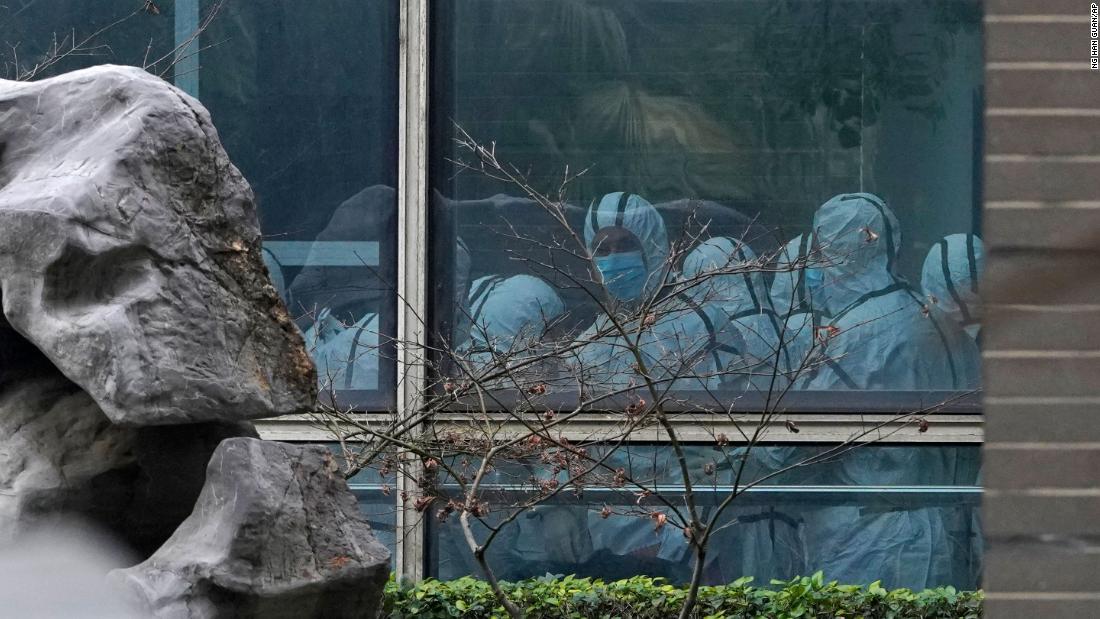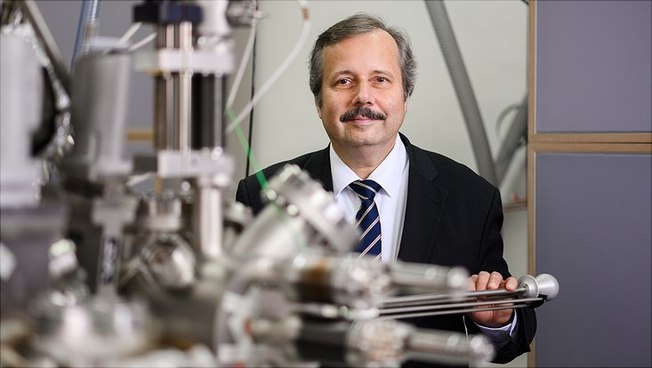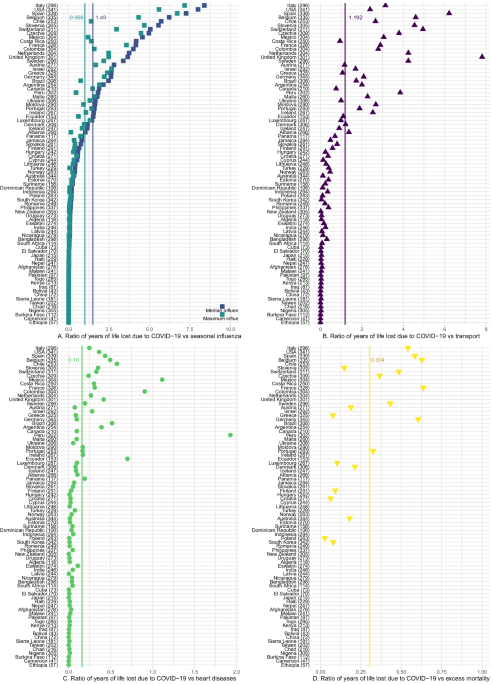Germany is pushing hard for people to take the AstraZeneca COVID-19 vaccine as many turn it down in hope of a Pfizer shot
Marianne Guenot
Wed, February 24, 2021, 6:30 PM·3 min read
German Chancellor Angela Merkel in Berlin on February 1. Henning Schacht/Getty Images
Officials in Germany are defending AstraZeneca's coronavirus vaccine and pushing back against people who are avoiding it with the hope of getting a different jab instead.
Regulators have approved both the shot developed by AstraZeneca and Oxford University and the shot developed by Pfizer and the German company BioNTech, but differing efficacy rates from clinical trials appear to have driven many to try to hold out for a Pfizer-BioNTech jab.
That shot has produced efficacy in trials as high as 95%, compared with 60% for the AstraZeneca jab in a review by European regulators.
Experts say that directly comparing the figures is misleading and not a good reason to refuse the AstraZeneca jab - but the message has failed to reach much of Germany's population.
Only 187,000 doses of the AstraZeneca vaccine have been given so far in Germany,
Reuters reported on Monday. The country was expecting to have delivered 1.5 million doses of the vaccine by the end of last week.
One vaccine site in Berlin that distributed only the AstraZeneca jab has seen fewer than 200 people a day arriving for 3,800 appointments,
The Times of London reported on Monday.
The head of one vaccination center told
Business Insider Deutschland, Insider's sister publication in Germany, that people were reluctant to take the vaccine because of skepticism about its efficacy.
One German expert
told the German publication Die Welt that "really disastrous communication" was to blame for the widespread skepticism of the vaccine.
In January, for instance, German officials denied a report from the newspaper Handelsblatt that officials feared the shot was only 8% effective in people over 65.
German Health Minister Jens Spahn's office said it appeared that the newspaper mixed the 8% figure up with the share of trial participants who were 56 to 69 years old.
There has been confusion about the vaccine's performance from the beginning. Back in November, AstraZeneca cited an "average" efficacy of 70% in its announcement of preliminary late-stage trial results after it mistakenly gave some of its trial participants a lower-than-intended dosing amount.
Analysis by the European Medicines Agency later concluded the jab was
about 60% effective when two full doses were given, lower than the competitors from Pfizer-BioNTech and Moderna, which reported efficacy over 90% after their respective trials.
Experts have said the data is not comparable, however, and
real-world data is showing promising results in places where the AstraZeneca-Oxford vaccine has been rolled out.
Anecdotal reports of flu-like side effects from the first jab of the vaccine have been
coming out of France and Sweden, which in some cases temporarily took health workers out of commission for a day.
The German government and local health experts are now
trying to quash confusion about the vaccine efficacy and safety.
Street art portraying the Pfizer-BioNTech, AstraZeneca-Oxford, and Sputnik V vaccines as if they were being distributed by an old gumball machine. Gerald Matzka/picture alliance via Getty Images
"The vaccine from AstraZeneca is both safe and highly effective," German Chancellor Angela Merkel's chief spokesman, Steffen Seibert,
said in a tweet on Monday.
On Wednesday, the most senior official in the European Union, Ursula von der Leyen, also defended the AstraZeneca shot.
Von der Leyen, the president of the European Commission and a German who belongs to Merkel's CDU party, told the newspaper Augsburger Allgemeine that she would "
take the AstraZeneca vaccine without a second thought, just like Moderna's and BioNTech/Pfizer's products."








